Nipocalimab receives positive EMA recommendation, potentially transforming treatment for generalized myasthenia gravis with significant clinical trial results.

Nipocalimab receives positive EMA recommendation, potentially transforming treatment for generalized myasthenia gravis with significant clinical trial results.

Eli Lilly's donanemab gains EU approval, offering hope for early Alzheimer's treatment with a new dosing regimen that reduces side effects.

Xu Li, PhD, a research associate in the F.M. Kirby Research Center for Functional Brain Imaging at Kennedy Krieger Institute, provided commentary on a promising, recently published study using QSM MRI to detect cognitive changes in Alzheimer disease.

The president of the LGMD Foundation discussed raising awareness, strengthening advocacy, and the lived experience of navigating limb-girdle muscular dystrophy.
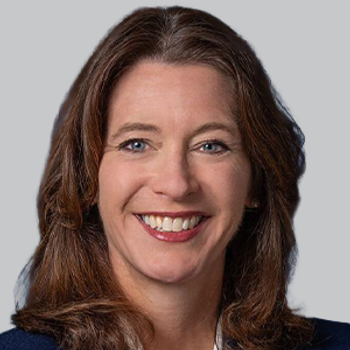
In a phase 3 trial presented at ECTRIMS 2025, ocrelizumab demonstrated noninferior relapse control compared with fingolimod in pediatric patients with relapsing-remitting multiple sclerosis.
The founder of the LGMD Foundation provided context on the significance behind LGMD Awareness Day, an initiative dedicated toward uplifting the limb-girdle muscular dystrophy community. [WATCH TIME: 6 minutes]
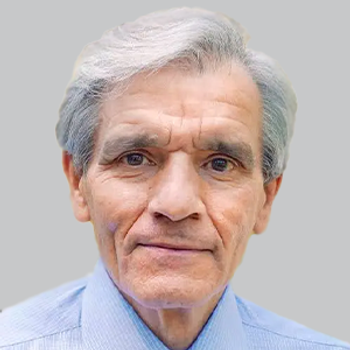
Primary results presented at ECTRIMS 2025 suggest that body-weight–adjusted high-dose of ocrelizumab did not further slow disease progression in patients with primary progressive multiple sclerosis.

Melissa Spencer, PhD, discussed the rare and complex landscape of limb girdle muscular dystrophy, highlighting research challenges, safety considerations in gene therapy, and the need for natural history studies and biomarkers.

Kelly Brazzo, founder and chief executive officer of the CureLGMD2i Foundation, provided commentary on LGMD Awareness Day, focusing on subtype-specific advocacy, genetic testing, and platform development leading to approved therapies.

The vice president of scientific engagement at the Alzheimer’s Association provided clinical insights on the most major considerations and precautions clinicians should have about diagnostic and commercially available tests for suspected Alzheimer disease. [WATCH TIME: 3 minutes]

A phase 2 study presented at ECTRIMS 2025 showed that autologous adipose-derived mesenchymal stem cell therapy was safe and effective in patients with relapsing-remitting multiple sclerosis.
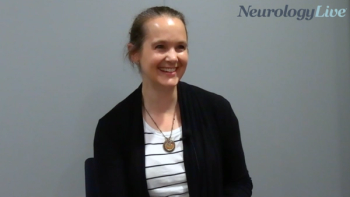
At ECTRIMS 2025, the associate professor of neurology at Yale School of Medicine talked about the 2024 diagnostic criteria, the preclinical phase of the disease, and progressive MS. [WATCH TIME: 3 minutes]

Here's some of what is coming soon to NeurologyLive® this week.

The executive director of The Sumaira Foundation (TSF) talked about TSF's research update and award ceremony held during ECTRIMS 2025. [WATCH TIME: 5 minutes]

Test your neurology knowledge with NeurologyLive®'s weekly quiz series, featuring questions on a variety of clinical and historical neurology topics. This week's topic is on the ECTRIMS Congress.

A global panel of experts revised NMOSD diagnostic criteria and updated disease classifications, distinguishing aquaporin-4 antibody–positive disease from related conditions such as MOGAD.

New research highlights the effectiveness of paramagnetic rim lesions as a key biomarker for diagnosing multiple sclerosis, enhancing diagnostic accuracy.

Neurology News Network. for the week ending September 27, 2025. [WATCH TIME: 4 minutes]

Take 5 minutes to catch up on NeurologyLive®'s highlights from the week ending September 26, 2025.

AbbVie’s application to the FDA for its selective dopamine D1/D5 receptor partial agonist is supported by data from the phase 3 TEMPO study program.
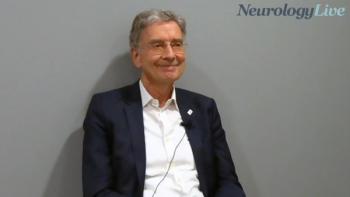
At ECTRIMS 2025, the professor of neurology at the University of Basel talked about the decades of progress in MS therapeutics and highlighted the need for comprehensive, early assessments for patients. [WATCH TIME: 4 minutes]

New data reveal vidofludimus calcium shows promise in slowing disability progression in primary progressive multiple sclerosis, warranting further trials.
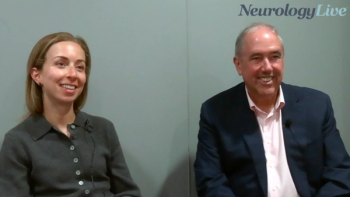
At ECTRIMS 2025, experts discussed using AI-powered unstructured data processing to enhance understanding of drug efficacy, safety, and patient outcomes in multiple sclerosis. [WATCH TIME: 3 minutes]

MIL62 shows promising results in reducing relapse rates and disability progression in NMOSD, highlighting its potential as a groundbreaking treatment.

In a head-to-head phase 3 trial presented at ECTRIMS 2025, rituximab was noninferior to cladribine in preventing new or enlarging MRI lesions in relapsing-remitting multiple sclerosis.

In a late-breaking presentation at ECTRIMS 2025, findings showed that annual administration of rituximab was noninferior in efficacy to the 6-monthly treatment for relapsing-remitting multiple sclerosis.

Semaglutide demonstrates superior cardiovascular benefits over dulaglutide, reducing heart attack and stroke risks in type 2 diabetes patients.

At ECTRIMS 2025, the interim chief executive officer at the Consortium of Multiple Sclerosis Centers discussed recent progress in multiple sclerosis for treatment and diagnosis. [WATCH TIME: 5 minutes]

Tiziana Life Sciences presents the design a phase 2a trial of nasal foralumab for treating nonactive secondary progressive MS at ECTRIMS 2025.

UniQure's AMT-130 shows promise in slowing Huntington disease progression, paving the way for a potential breakthrough treatment by 2026.